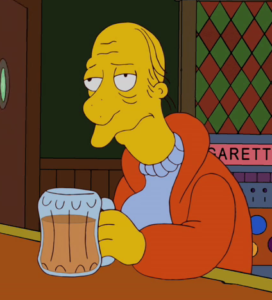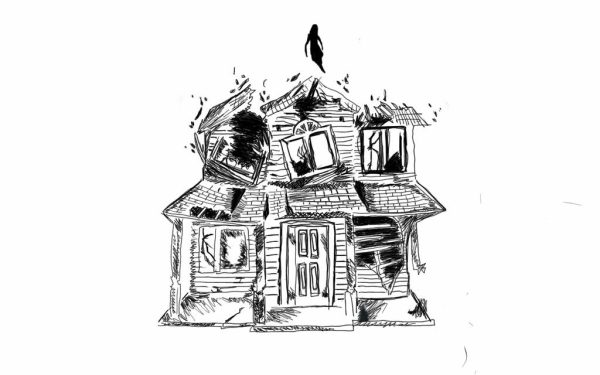Fall Back
In 1895, George Vernon Hudson first proposed the modern idea of daylight savings. Many countries have used it at various times since then, most consistently since the energy crisis of the 1970’s. This year the clocks were set forward an hour on Sunday, March the 9. On the Sunday of November 2nd, the clocks will be set back an hour. Although this means an extra hour of sleep, many people tend to disagree with setting the clocks back. It’s kind of annoying to have to have to change the times on everything you own that has a clock on it. People often forget to change their clocks so they’re either an hour ahead or behind on things. Also, not a lot of work gets done at night as opposed to during the day. Having more hours of darkness also could result in having more car wrecks, robberies, break-ins, and any other sort of criminal activity. Researchers have also found that setting the clocks back is bad for your health. Remaining on regular time would result people having on average 200-300 more useful hours of daylight. This would allow for more exercise and outdoor activities which boosts both physical and mental health and wellbeing. An extra hour of light in the evening would benefit children, a number of whom are not allowed to leave their homes after dark hits, because they will be able to engage in their outdoor activities for a longer period of time. Elderly people with poorer vision and hearing would have more time to take part in leisure and social activities when there are more hours of daylight.












